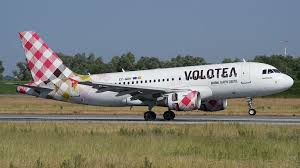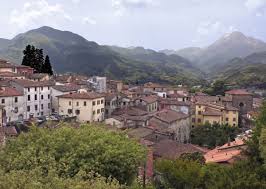Portugal will need up to 100,000 foreign workers per year to fill labour shortages, study says

Lisbon: A new study has shown that Portugal will need between 50,00 to 100,000 foreign workers per year to maintain its economy.
Government data show that the construction sector alone needs around 80,000 additional workers.
The Portuguese government is planning to propose strategies aimed at accelerating regularisation procedures.
A new study carried out in Portugal named Migrations and Human Rights has revealed that the country will continue to need a large number of foreign workers every year to be able to maintain its economy.
According to the study presented by the General Union of Workers (UGT), due to the low number of births and the ageing population, Portugal will need between 50,000 to 100,000 foreign workers every year, Schengen.News reports.
In a context of low birth rates and an ageing population, Portugal will inevitably need 50,000 to 100,000 workers regularly over time.
Commenting on the matter, Malheiros said that work migration to Portugal is set to continue, especially now that many sectors across the country are dealing with shortages, Renascença explains.
Malheiros further stressed that the labour shortages Portugal is experiencing are more than just temporary and, at the same time, noted that if any significant developments in automation are made, the country can avoid bringing in a large number of workers from abroad.
Immigration is set to continue in the context of the Portuguese market. Unless there is a very significant change in terms of productivity changes due to advances in automation and robotics or the combination of robotics with artificial intelligence.
In light of the current shortages, the Portuguese government has decided to propose strategies aimed at accelerating the legal entry of foreigners into the country for employment purposes.
As explained by local media, Portugal’s construction industry needs an additional 80,000 workers. Other sectors also need a large number of workers, and for this reason, the government is now in discussions with confederations to decide on measures that should be taken.
The government met with the confederations to discuss the functioning of labour migration, within the existing legal rules, to meet the needs of the national economy.
Among the measures that the Portuguese government plans to take is to ensure that the regularisation procedures for foreign nationals wanting to enter the country for work purposes are not as strict and slow as now.
The government proposed an operating channel that does not create new legal entry points but simultaneously ensures faster procedures and more responsibility and regulation of migration flows.
However, this proposal is expected to receive different reactions as there is currently a large number of immigrants in Portugal who are waiting to receive a response to their permit applications.





